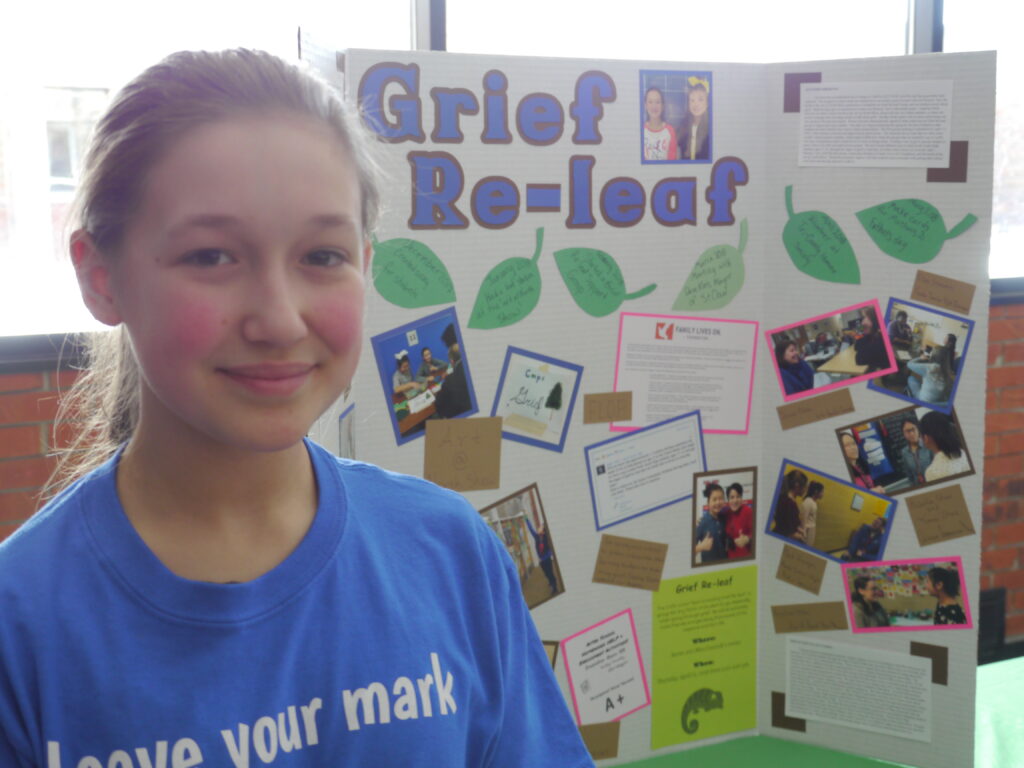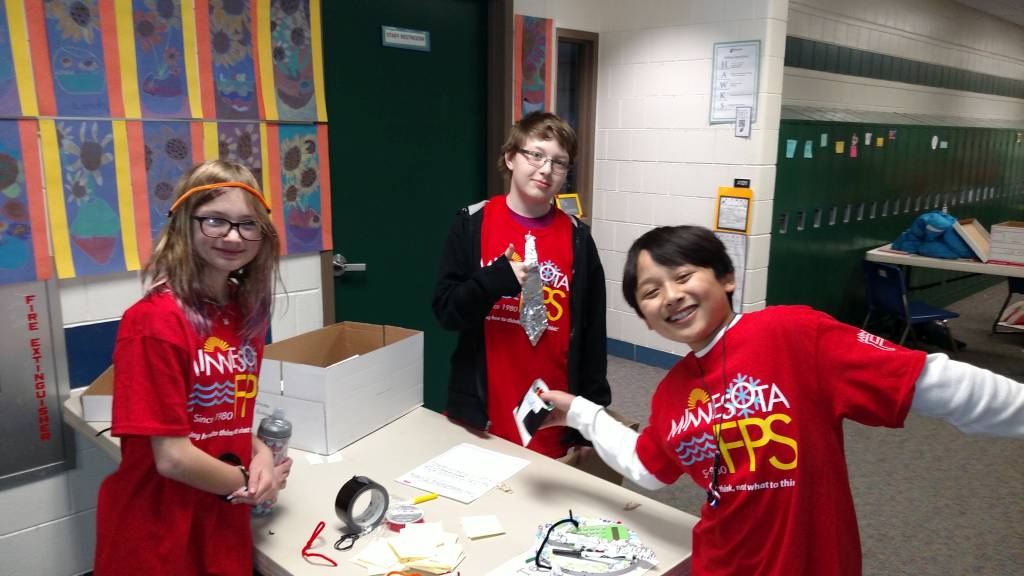What can I do in Future Problem Solving?
Each Program is broken into three grade-focused Competition Divisions:

During a given competition season, there are five ‘levels’ of competition in each division:
- Practice Problem #1 is optional, but highly recommended. Steps 1–3 can be submitted via a shared Google Doc.
- Practice Problem #2 is required for eligibility for the Qualifying Problem. All Steps are submitted via Google Docs. All teams who complete Practice Problem #2 are eligible for the Qualifying Problem.
- The Qualifying Problem occurs in the Winter and is the first level of competition where teams/individuals receive rankings for their performance in their competition component(s). Teams and individuals that perform well at this level of competition advance to the State Competition.
- The MN State Competition occurs in the Spring. The top teams and individuals that perform well at this level of competition advance to the International Competition.
- The International Competition occurs in the Summer. The topic for the International Competition is announced in the Spring.
For competition dates and fees, please check out the Calendar.
For competition topics, see Topics.
Global Issues
Under the guidance of a teacher/coach, students use the FPS six-step model to explore challenges and propose action plans to complex global issues.
Students work in Teams of up to four or as Individuals.
There are five annual topics. Past topics have included Fads, Financial Security, Amateur Sports, Air Quality, Genetic Engineering, and much more!
Non Competitive Opportunities allow students to integrate the FPS process, the annual topics, and future scenarios into their curriculum.
Action Based Problem Solving is a year-long, non-competitive program designed for use in the regular classroom and introduces students to the skills of creative problem solving in a hands-on, non-threatening manner. Teams consisting of four-six students are encouraged to work on two topics, one per semester.
Community Projects
Teams apply their FPS skills to real problems in their community.
- A community problem is a challenge that exists within the school, local community, region, state or nation. Implementation of the action plan is included in this program.
- Teams or Individuals move from hypothetical issues to real world, authentic concerns.
- The top Community Projects teams are invited to the FPS International Conference in June.

Creative Writing
Creative Writing provides an opportunity for individuals to create an original story based on one of the topics for the current competition season.
- Students compose a futuristic story of up to 1,500 words related to one of the current year’s topics.
- Students create an imagined set of events with an outcome set at least 20 years in the future.
- The first place winner in each affiliate program is invited to the FPS International Conference.
Storytelling
Storytelling provides an opportunity for individuals to create and present an original oral narrative based on one of the four topics for the current competition season.
- This program especially appeals to students who do not enjoy writing.
- Students research the topic and create a story that is set 20-30 years from now and is told as if the future were the present.
- Their story is shared in a live five minute performance.

Visual Arts
Visual Arts provides an opportunity for individuals to create and present an original piece of art based on one of the four topics for the current competition season.
- This program especially appeals to students who prefer expressing themselves through a variety of visual media rather than words.
- Students research the topic and create a story set 20-30 years from now and told as if the future were the present.
- Visual Arts allows students to express their ideas artistically while applying high level thinking.
- Students, on their own, develop a piece of artwork that shows their vision of the future. While not everything in life is “happily ever after,” the goal is that students will create a vision of hope for a positive future.
Authentic Assessment
Student work is assessed by trained evaluators who employ rubric-based feedback and scores. These assessments help students meet and exceed educational standards as they strengthen their writing and thinking skills
